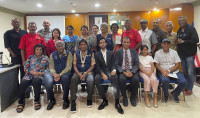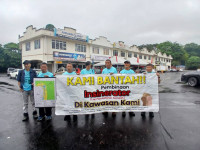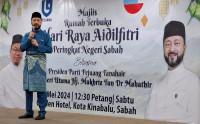A common narrative amongst many late diagnosed autistic females, is one where we experience repeated cycles of broken relationships and friendships in our lives. It’s worth highlighting again that Autism Spectrum Disorder is defined as a condition that relates to the development of our brain, affecting how we perceive the world around us. From the very first recorded case of autism, scientists have recognised that a lack of social interaction is an integral part of an autistic person's life experience.
Adding to that understanding of autism, a pervasive myth also suggests that autistics don’t want to forge friendships and thus, loneliness does not affect us. This cannot be anymore wrong. When I spoke to many of these autistic women across all ages and around the world, I discovered that our lived experiences with loneliness and wanting to belong were so similar to one another.
One woman in particular from this community of lost girls, Adeline Hii, 30, tells her story of resilience in her constant search for connection and trying over and over to search for meaning in her life.
Growing up autistic
Adeline told me about growing up in a small town in Sarawak. She is one of four siblings in a middle class family. Though not wanting in material things, she often spoke of her isolation and a feeling of incompleteness from a young age. Adeline also recalls not being verbal until the age of four, but remarked that it was surprisingly not a concern to her family as they simply expected her to catch up. It is also undoubtedly a general view from society at large that girls are simply just shy and would eventually grow into themselves.
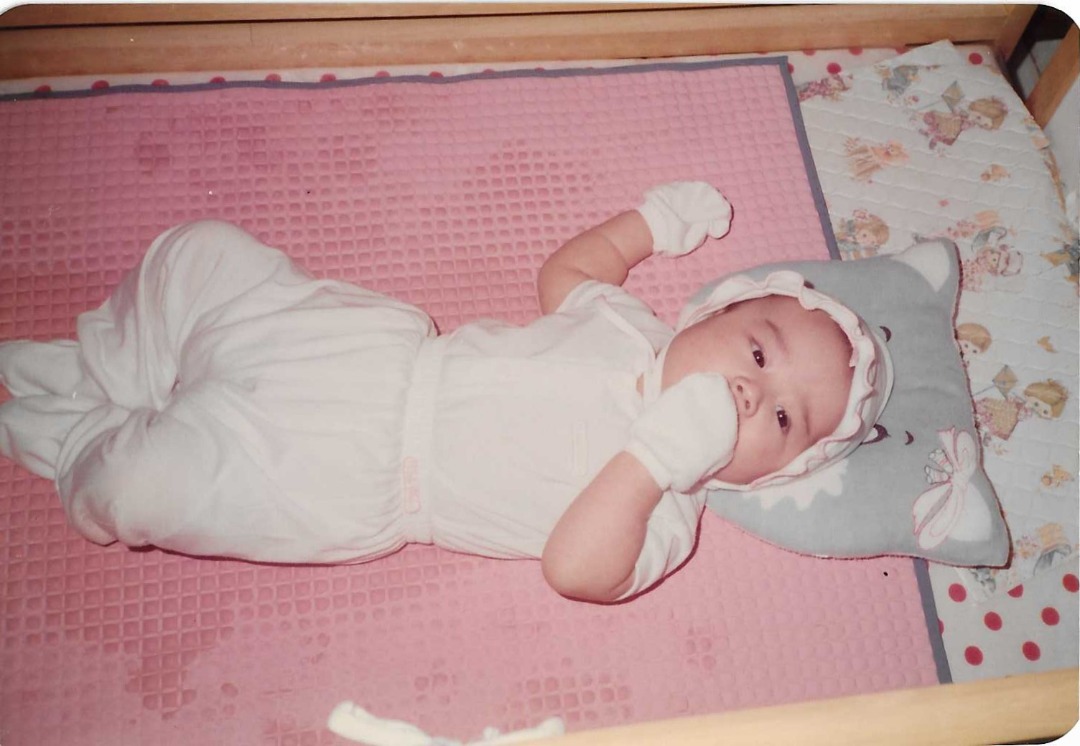
She did grow into it, but just enough to mask her autism beneath the surface. She was still quieter than most girls, shy and withdrawn. However, she excelled in her academics, participated in colouring and drawing contests, she was also compliant to a fault; hence she was left to her own devices. She remained in the periphery of school social life where invitations to classmate’s birthday parties and gatherings are rare but do happen, so she was never completely isolated.
Looking back, Adeline wondered if perhaps being from a small town with little awareness of autism, adding to the misconceived idea that Asian girls are shy, docile and compliant had masked some of her earlier developmental traits that would have been obvious markers for autism. Adeline has an elder brother who is also autistic, but he was recognised much earlier as being different.
She lamented that she wished she had earlier support tools to be able to explain the isolation she had felt internally and escape the emotional and physical bullying from her peers in school for being the odd girl out. To protect herself from being a target of bullies, she completely withdrew from social interactions in her later years of school and threw herself into her studies.
I asked her, “Did you not want to have friends?”
“I did. But I didn’t know how to make friends and toe the line between the different social cues that I simply did not understand. I also did not have friends who would protect and support me, so I isolated myself to avoid the constant bullying. I was also mostly just following them around and realised that I was treated like a servant. It was confusing and exhausting.”
Unable to intuitively perceive social cues and how she processed the world around her, she was often caught between discerning what could be harmful, and what is a norm. Not being able to also process her interactions with people easily, autistic women like her (and me) can sometimes be faced with traumatic situations and abuse layered on top of our challenges with even just everyday life interactions.
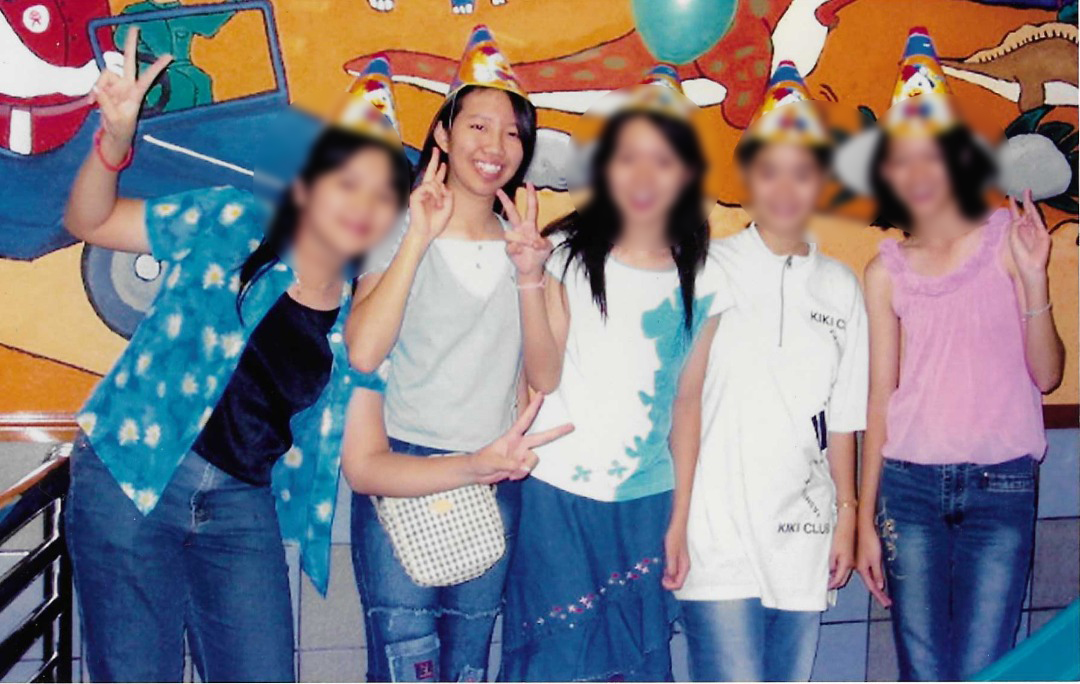
Gaslighting and abuse
When she left secondary school for college in another city, she saw it as an opportunity for a re-do, to correct her social participation. She found herself an enthusiastic student in her karate classes. She attracted the attention of her instructor, a man 20 years her senior.
With very little experience of the opposite sex, she found herself the target of unwanted sexual advances and being gaslit into believing that she had invited him to it. The abuse happened because she feared that if she did not comply with his advancements, he would physically harm her. It was also a trauma reaction that was deep rooted in her earlier abuse by a known relative in her adolescent years. Saying no was sometimes not an option when she didn't know how.
While shocked, confused, and plagued by shame, Adeline continued to attend the classes and the instructor continuously abused her sexually and emotionally. This is a common occurrence with most autistic women. Without the usual peer support and the lack of opportunities for social interaction with other women, the ability to discern is sometimes lost with autistic women and romantic relationships.
With challenges to intuitively process their emotions and interactions, it is often difficult to process these abuses and when they do speak up, it is often too late and too much damage has been done.
So the most common coping mechanism a lot of these autistic women default to is to simply withdraw themselves from the environment, internalise the experience, and move on to the next environment.
Just as their mental health challenges are often dismissed as social anxiety, they learn to stop asking for help as no one understands them and worse – don’t believe them. Many autistics develop chameleon-like tendencies to mimic other personalities in order to feel safe, accepted and hopefully, unmolested.
Adeline went on to complete her university, where she finally made a meaningful connection with a more mature student who helped to ease her university life. While she found student life to also be stressful, forging that friendship and being included into a group eased her social anxiety.
She mentioned that while she could not connect with peers her own age, she found keeping up with the older students who had different priorities and time commitments helped her to maintain the friendship. This clearly shows that autistic people do yearn for connection and friendships, but perhaps need a different route and commitment expectations.
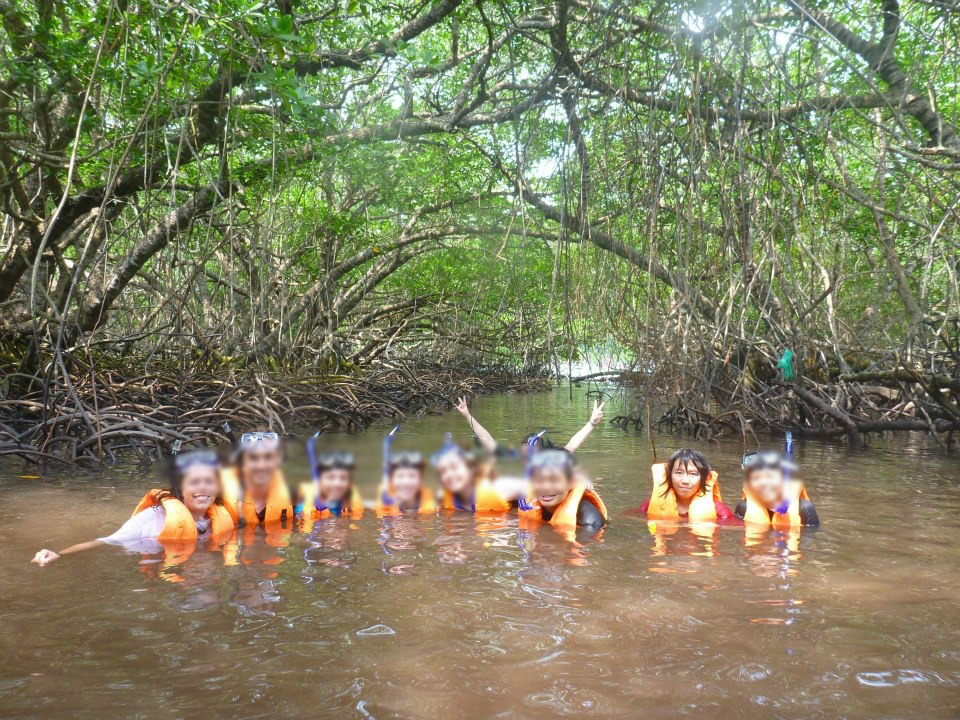
Trials of adulthood and finally getting diagnosed
As she transitioned to employment life, she said that this was the beginning of what she called her six months curse. Adeline hopped from one job to another because she found herself lost in navigating the social politics of an office environment and again became the target of bullies and being excluded at work. She was also unable to cope with differing communication styles from her various supervisors and found it difficult to navigate verbal instructions and mismatched expectations. These situations disempowered her and she fell into a cycle of shutting down and then trying again in a new environment every six months.
She began to seek help through various forms of counselling and finally with medical intervention from psychiatrists. Throughout this, she was treated as a schizophrenic patient with debilitating anxiety and repeated cycles of depression. With each new prescription, she spoke of how she felt new hope each time, only to be disappointed again when none of it took her anxiety and depression away.
Adeline was then admitted into the psychiatric wards of various hospitals over multiple attempts of suicide over two years as she battled with her issues. She recalls that while she welcomed the break from the everyday stress of navigating life, she felt her dignity and autonomy were taken away as each hospital could not clearly explain why she felt the way she did and continuously put her on a cocktail of medication.
It took a chance encounter with a psychiatrist in her more recent admission, who finally noticed that she had a sensory processing issue while communicating with her, and began looking into her childhood and family history. He finally formally diagnosed her and also her brother as autistic. What if this encounter never happened, she wonders.
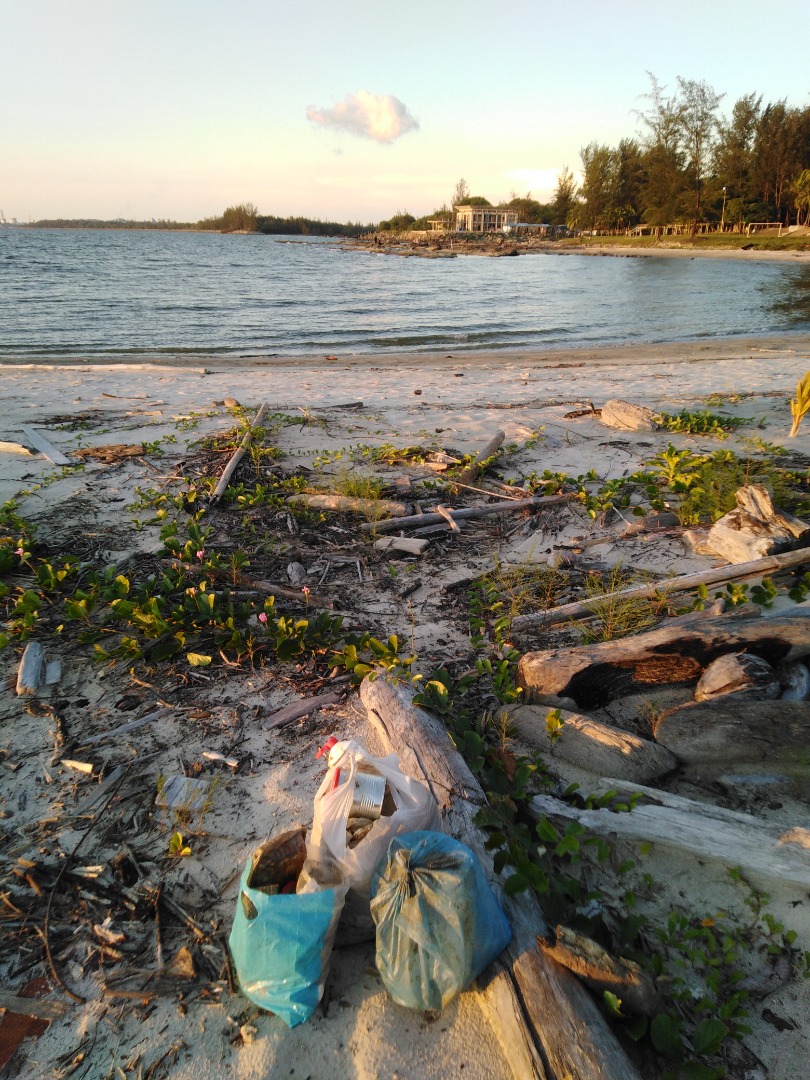
The diagnosis helped her reframe her own understanding of her life and the root cause of her continuous bouts of depression and social anxiety. Like many late-diagnosed women who lacked information and support, she scoured the internet for knowledge and a deeper understanding of the challenges of autism.
Adeline has since found support through AIM High, an informal peer support group that aims to provide support for autistics in adulthood. They believe in ‘Nothing about us without us’ to enable a more accurate reflection of the voice of autistics in society.
She is also making small steps on her own terms to participate in employment opportunities again. She is a recent graduate of Enabling Academy, run by Yayasan Gamuda, where they offer an employment transition programme to provide training, placement and support for adult autistics to achieve sustainable employment.
Social connection is a powerful factor affecting our long-term physical and mental health. Having meaningful friendships – or lacking them – has an impact in our quality of life.
I remember a therapist who once told me, “If you can’t form and find relationships with others, and not be understood by others, perhaps you can begin looking at building a relationship with yourself first and life can have new meaning.”
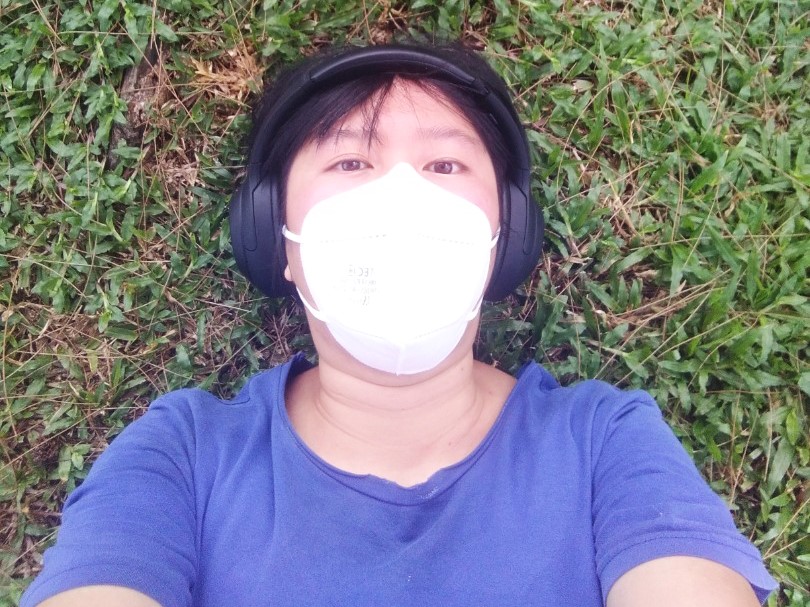
It is often a much-misunderstood trait that autistic people are incapable of forging connections – they can. The same as many neurotypicals, some autistics also aspire to be married, to enjoy a drink with friends occasionally, to have children, and to be part of the many boisterous and joyous family celebrations that we Asians have a knack for.
Maybe it is the same for a lot of us autistics in finding our social connectedness not by the typical rules of the neurotypical society, but on our own terms. – The Vibes, April 16, 2022
Beatrice Leong is a documentary filmmaker and entrepreneur attached to a health tech startup initiative
Autism Spectrum Disorder (ASD) is a complex developmental condition which involves persistent challenges with social communication, restrictive interest and repetitive behaviours.
There is a persistent misunderstanding that autism is rare in women as female presentations are often much more nuanced and their ability to 'mask' to fit in with their peers, often only manifest in mental health challenges and crises later in their lives.
This month’s series on women with ASD, often known as 'The Lost Girls' by Beatrice, highlights new narratives and perspectives of autism from the inside. Read Part 1 here.
Part 2 here.



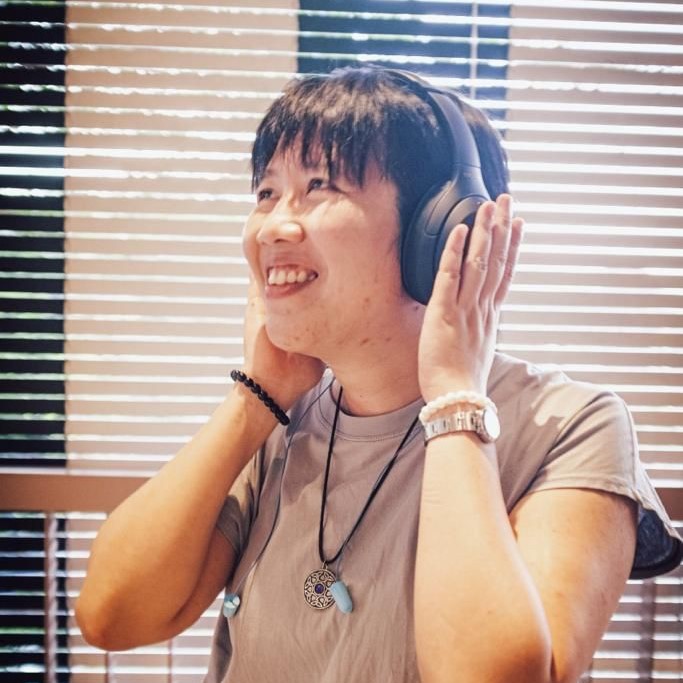
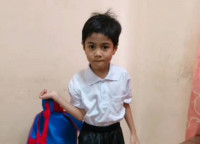
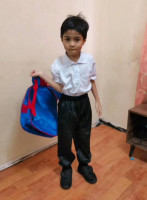
_-_SYEDA_IMRAN_-_26.jpg)
